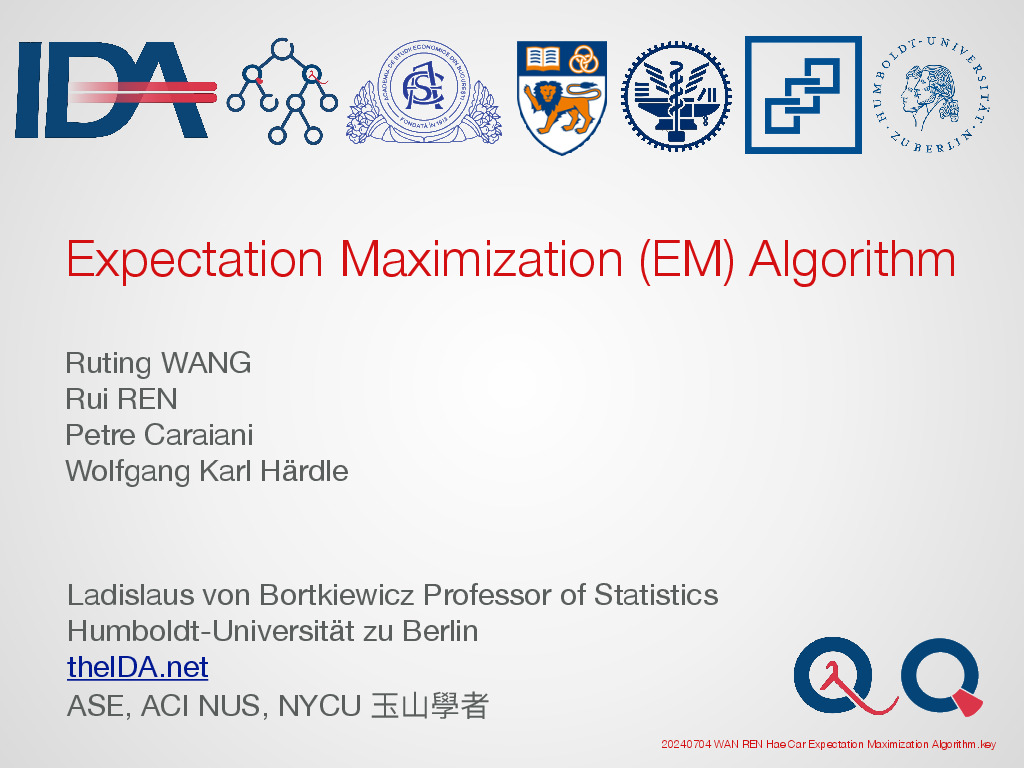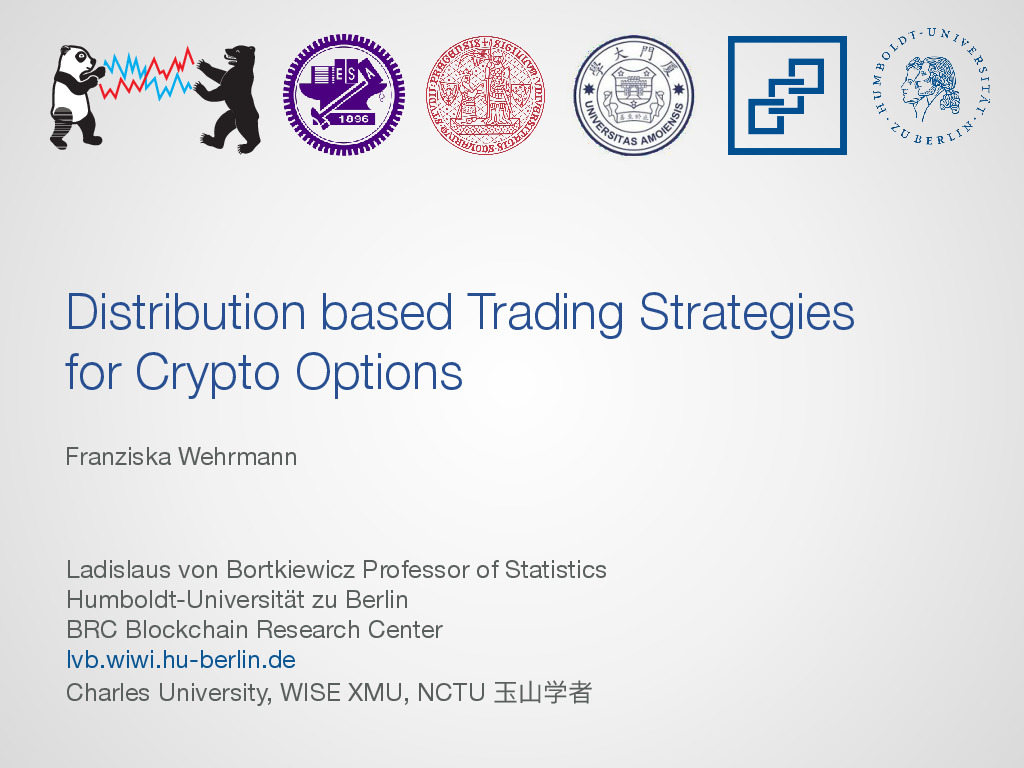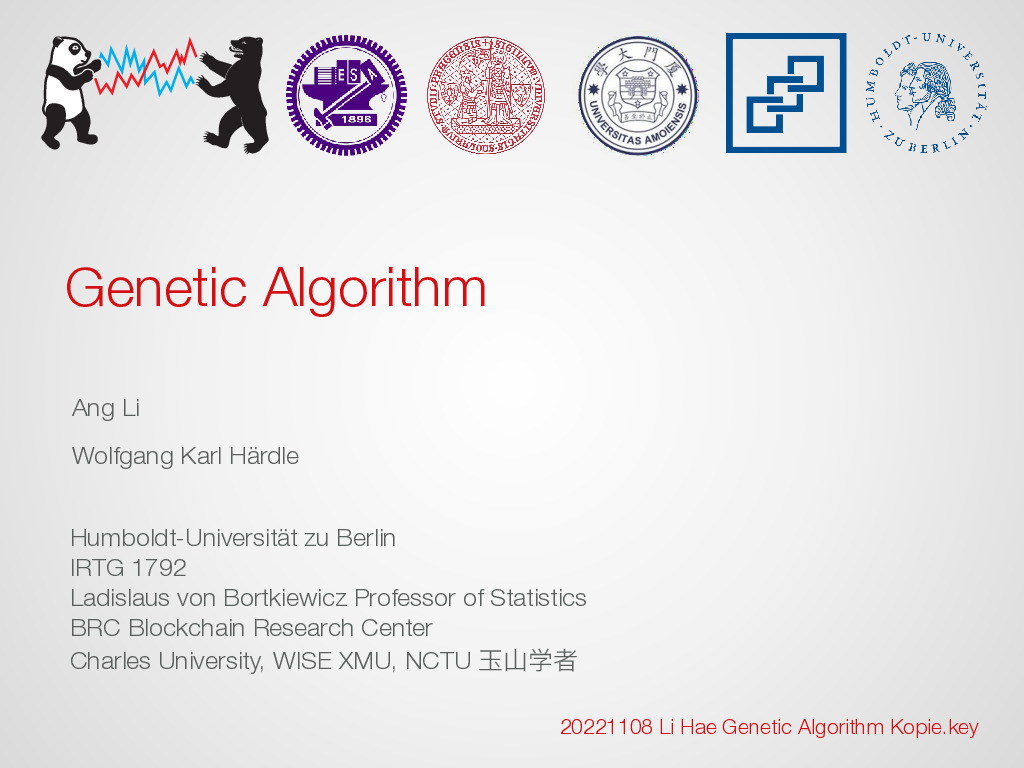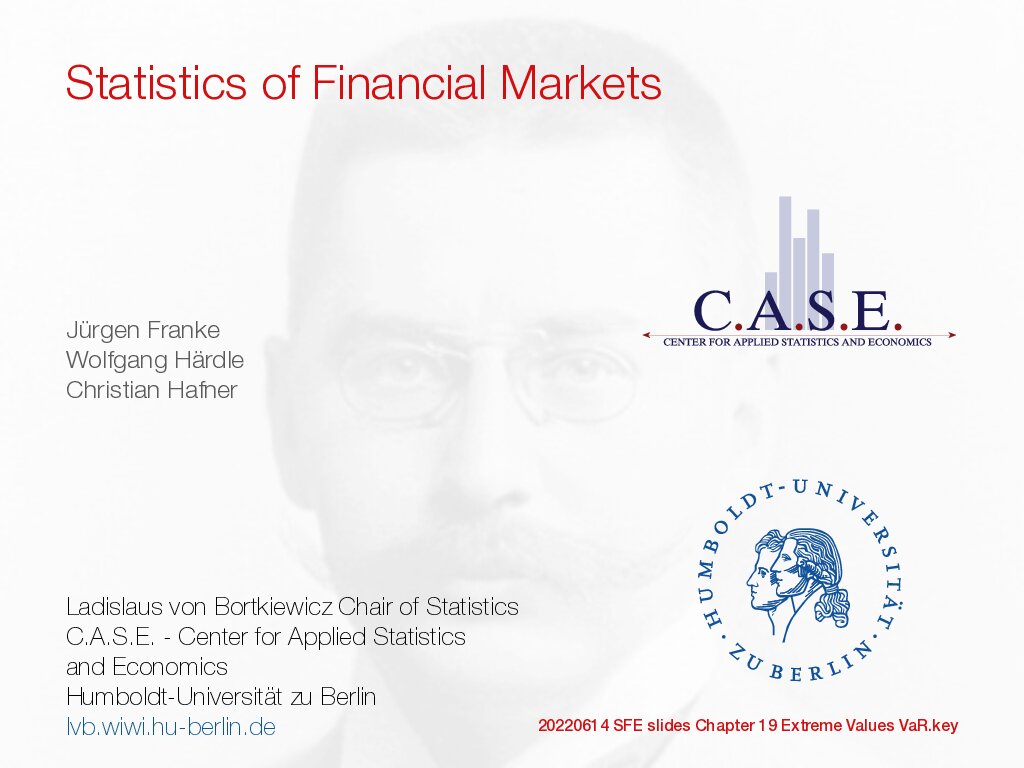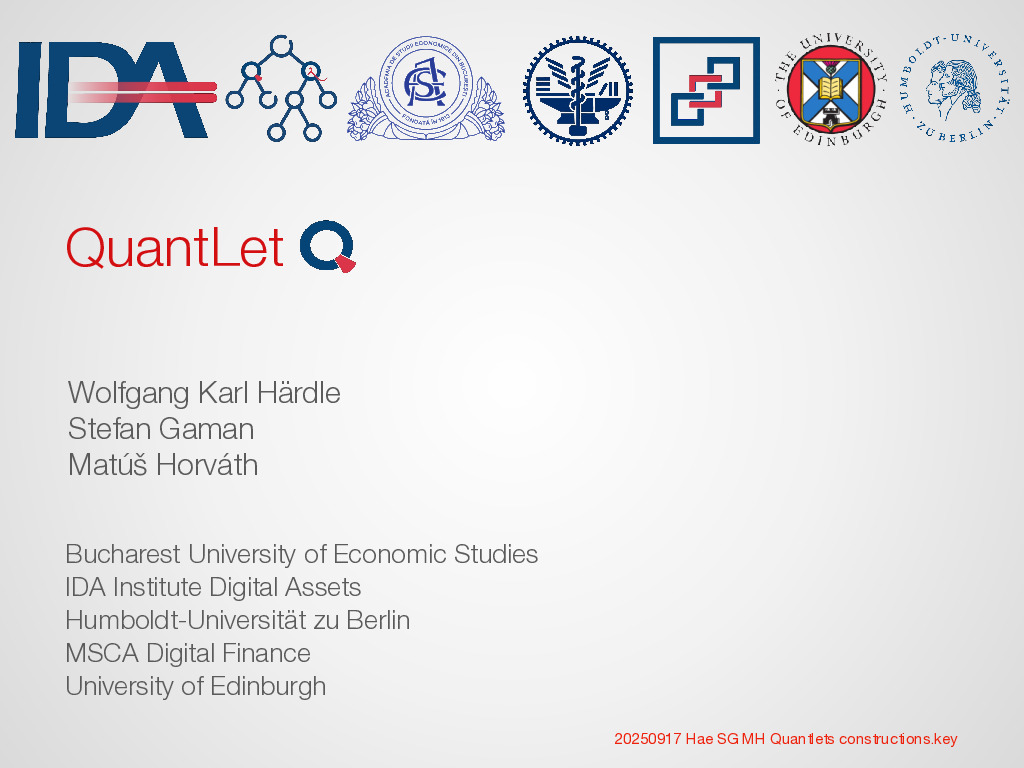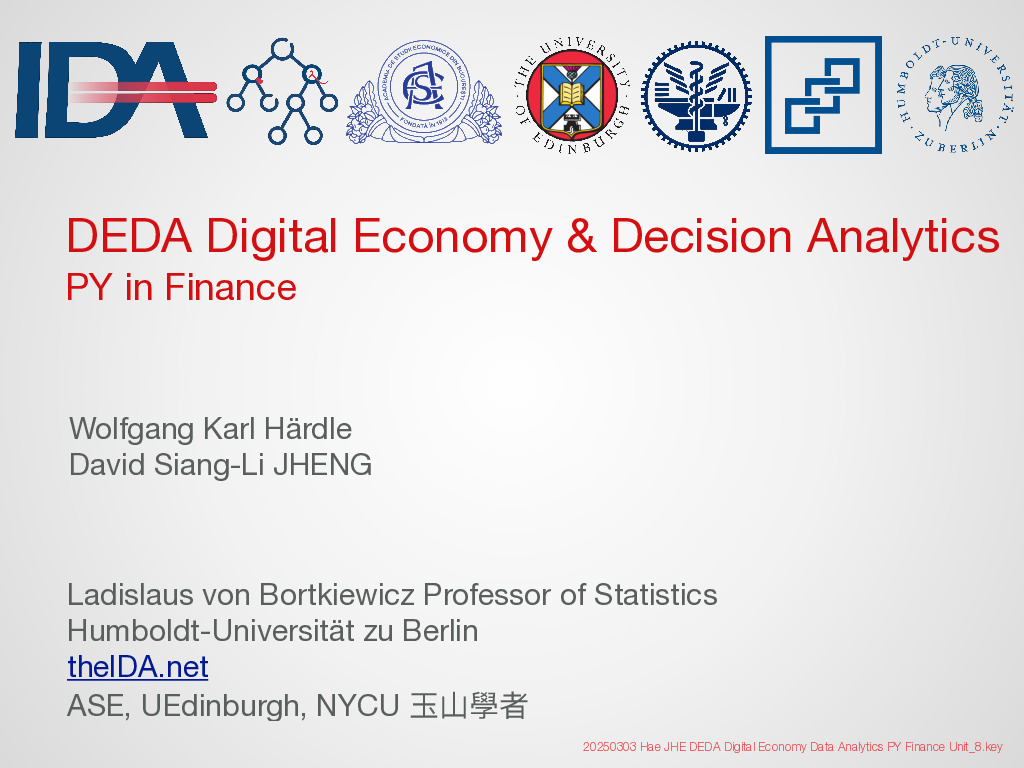Expectation Maximization (EM) Algorithm
-
- 0 Rating
- 0 Reviews
- 69 Students Enrolled
Expectation Maximization (EM) Algorithm
The Expectation Maximization (EM) Algorithm is a statistical technique for finding maximum likelihood estimates of parameters in probabilistic models, especially when the data is incomplete or has missing values.
-
- 0 Rating
- 0 Reviews
- 69 Students Enrolled
Requirements
- NO
General Overview
Description
The Expectation Maximization (EM) Algorithm is a statistical technique for finding maximum likelihood estimates of parameters in probabilistic models, especially when the data is incomplete or has missing values. It is an iterative approach that alternates between performing an expectation (E) step, which creates a function for the expectation of the log-likelihood evaluated using the current estimate for the parameters, and a maximization (M) step, which computes parameters maximizing the expected log-likelihood found on the E step.
The "E" step computes the expected value of the log-likelihood of the incomplete data under the current estimate of the model parameters, effectively estimating the missing data. The "M" step then maximizes this expected log-likelihood to update the parameter estimates. This process is repeated until convergence, often resulting in a local, rather than global, maximum. The EM algorithm is widely used in many fields, including machine learning, computer vision, and bioinformatics, for its robustness in handling complex models with latent variables.
Recommended for you
Meet the instructors !
Phd in Sun Yat-sen University visiting Phd in Humboldt University of Berlin




